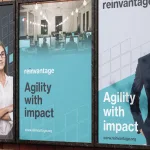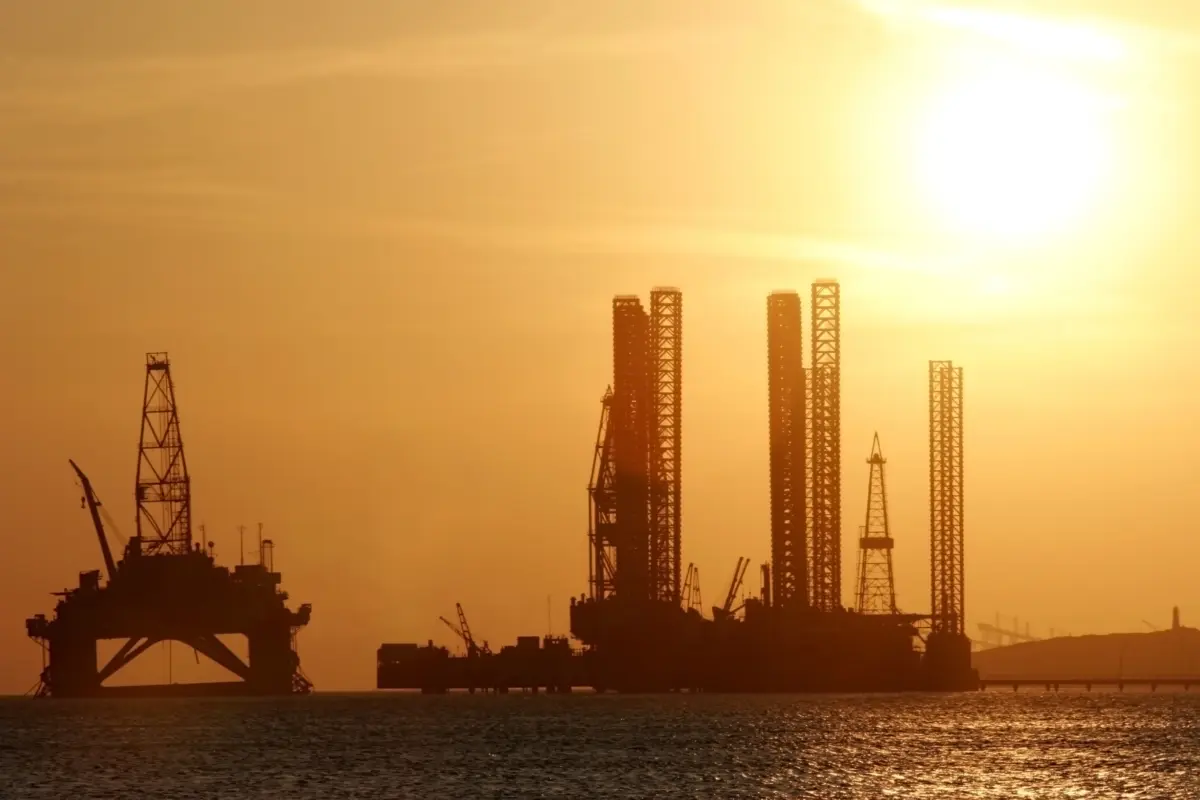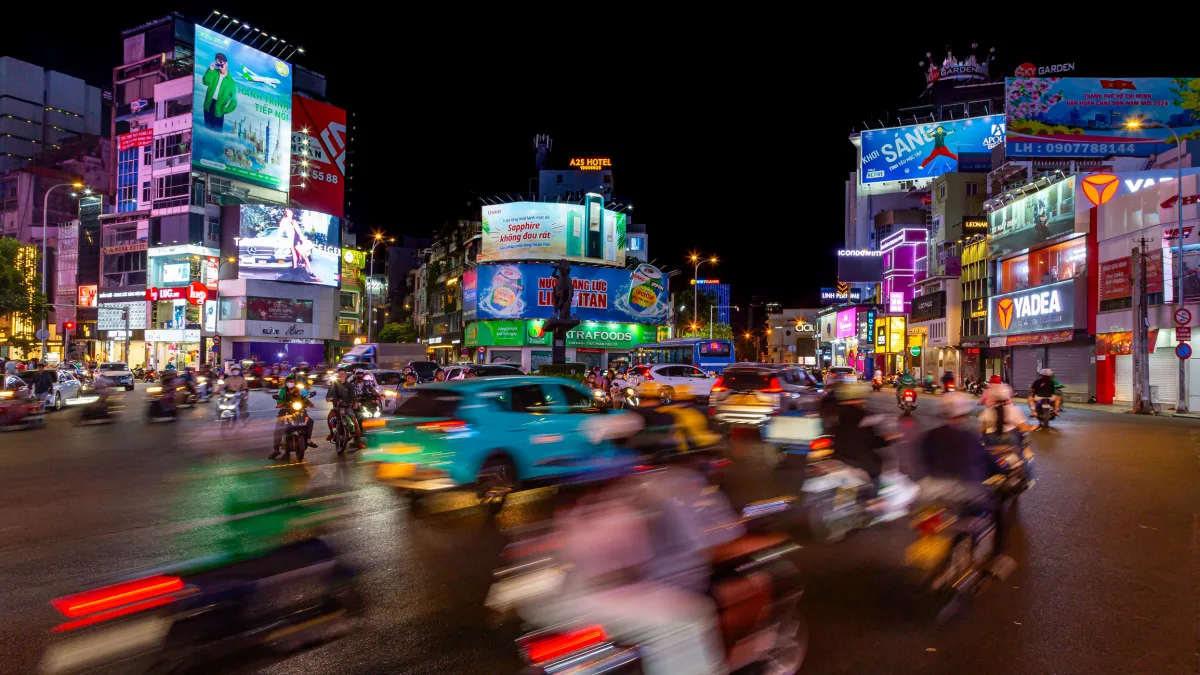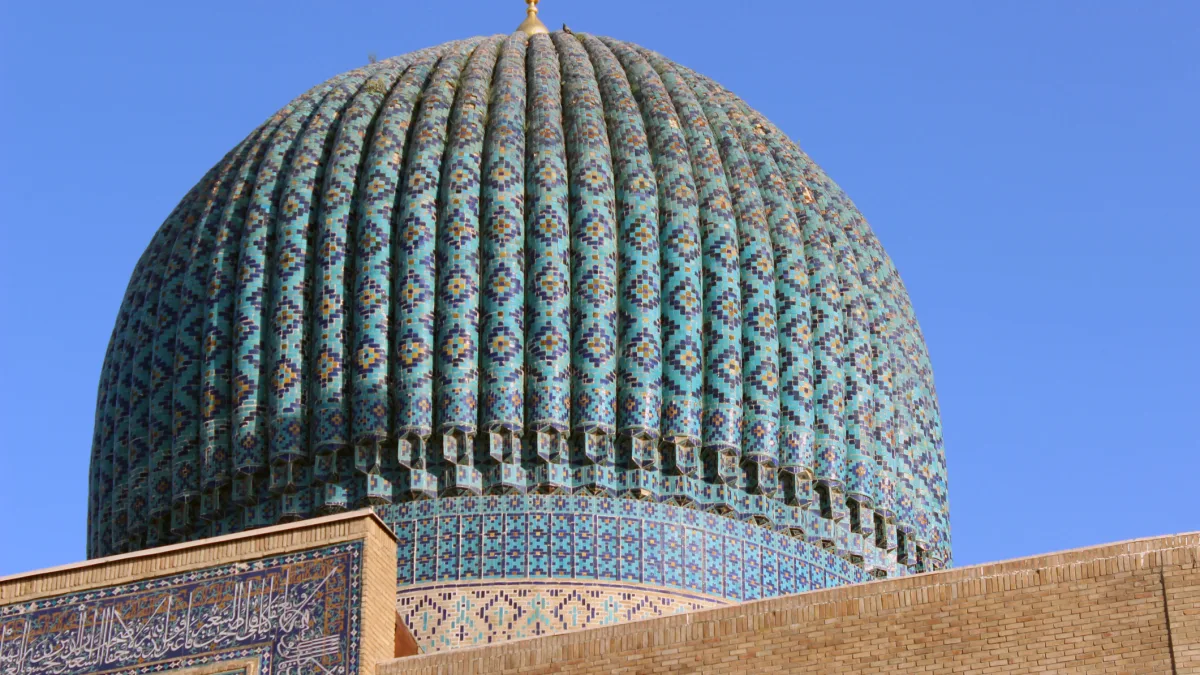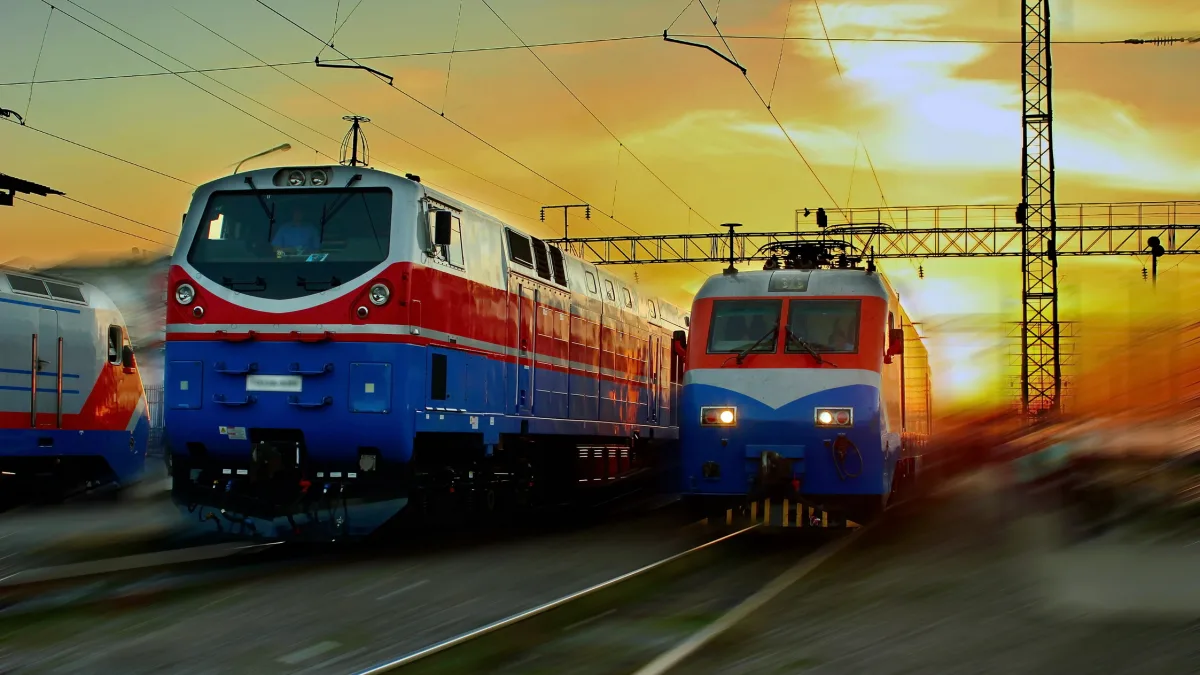As the European Union works to reduce its dependence on Russian energy and accelerate its green transition, one regional partner is becoming increasingly important: Azerbaijan.
Positioned at the intersection of Europe and Asia, Azerbaijan has emerged as a key supplier of both fossil fuels and renewables. And yet, Brussels continues to treat Baku more like a short-term fix than a long-term strategic partner. That’s a mistake Europe can no longer afford.
A stabilising energy partner
Since Russia’s full-scale invasion of Ukraine, the EU has made significant progress in diversifying away from Russian gas. Still, supply vulnerabilities remain—especially in Central and Southeast Europe. This is where Azerbaijan has stepped up.
Through the Southern Gas Corridor (SGC), Baku now supplies natural gas to over 10 European countries, including Italy, Greece, Hungary, and Slovakia. These flows have been crucial in maintaining energy stability. In 2022, the EU signed a memorandum with Azerbaijan to double gas imports by 2027. Yet delays in project financing—particularly the expansion of TAP and TANAP—have already forced Azerbaijan to revise its export targets downward.
If Europe is serious about building energy resilience, it needs to move faster to secure long-term supply routes and invest in infrastructure that connects Caspian gas to the European grid.
A pivot to green energy
Azerbaijan’s role is not limited to fossil fuels. At COP29, hosted in Baku in November 2024, the country presented its vision to become a renewable energy hub. With more than 27 GW of onshore wind and solar capacity and an estimated 150 GW offshore, Azerbaijan is working with international partners—including Masdar, ACWA Power, and BP—to develop its green energy sector.
One of the most ambitious proposals is the Caspian-EU Green Energy Corridor, a subsea transmission line that would carry electricity from Azerbaijan through Georgia and the Black Sea to Romania and Hungary. If realised, this corridor would mark the first large-scale transmission of Caspian green energy into the EU—and a milestone for regional cooperation.
However, much like its fossil fuel agenda, Azerbaijan’s renewables ambitions also depend on clearer political support and investment from Brussels. The project is currently listed under the EU’s Global Gateway strategy, but little progress has been made on implementation.
Realpolitik and regional balance
To be clear, Azerbaijan’s relationship with the EU remains largely transactional. Baku balances its cooperation with Brussels alongside close ties with Russia, Türkiye, and Iran. Yet in a region marked by instability, Azerbaijan has demonstrated reliability and ambition—both in energy and diplomacy.
The EU has long embraced pragmatic partnerships in its external energy policy—whether with Algeria, Qatar, or Kazakhstan. The challenge now is to apply the same logic to Azerbaijan, while encouraging governance standards and transparency in joint projects.
Brussels must also recognise the risk of strategic drift. Delays and mixed signals on energy cooperation could push Azerbaijan to deepen its partnerships with China, the Gulf states, or other players eager to expand their influence in the Caspian.
Of course, this is not solely the EU’s responsibility. For Azerbaijan to become a credible long-term energy partner, it must continue improving its regulatory frameworks, provide investor confidence, and align its climate commitments with international standards. COP29 gave Baku a global platform; now it must follow through with action.
A partnership worth building
The EU should no longer view Azerbaijan as a backup supplier. It is a partner that can help drive both energy security and climate progress—but only if Brussels treats the relationship with strategic intent.
That means: Investing in the Southern Gas Corridor’s expansion, particularly TAP and TANAP; Fast-tracking the Caspian-EU Green Energy Corridor under Global Gateway; Offering long-term contracts and financing frameworks for gas and renewables; Engaging in consistent, high-level political dialogue.
The stakes are growing. If the EU wants to meet its climate targets, strengthen its eastern partnerships, and ensure supply stability, Azerbaijan must be part of the equation—not as a convenience, but as a cornerstone of Europe’s energy future.
Photo: Dreamstime.

